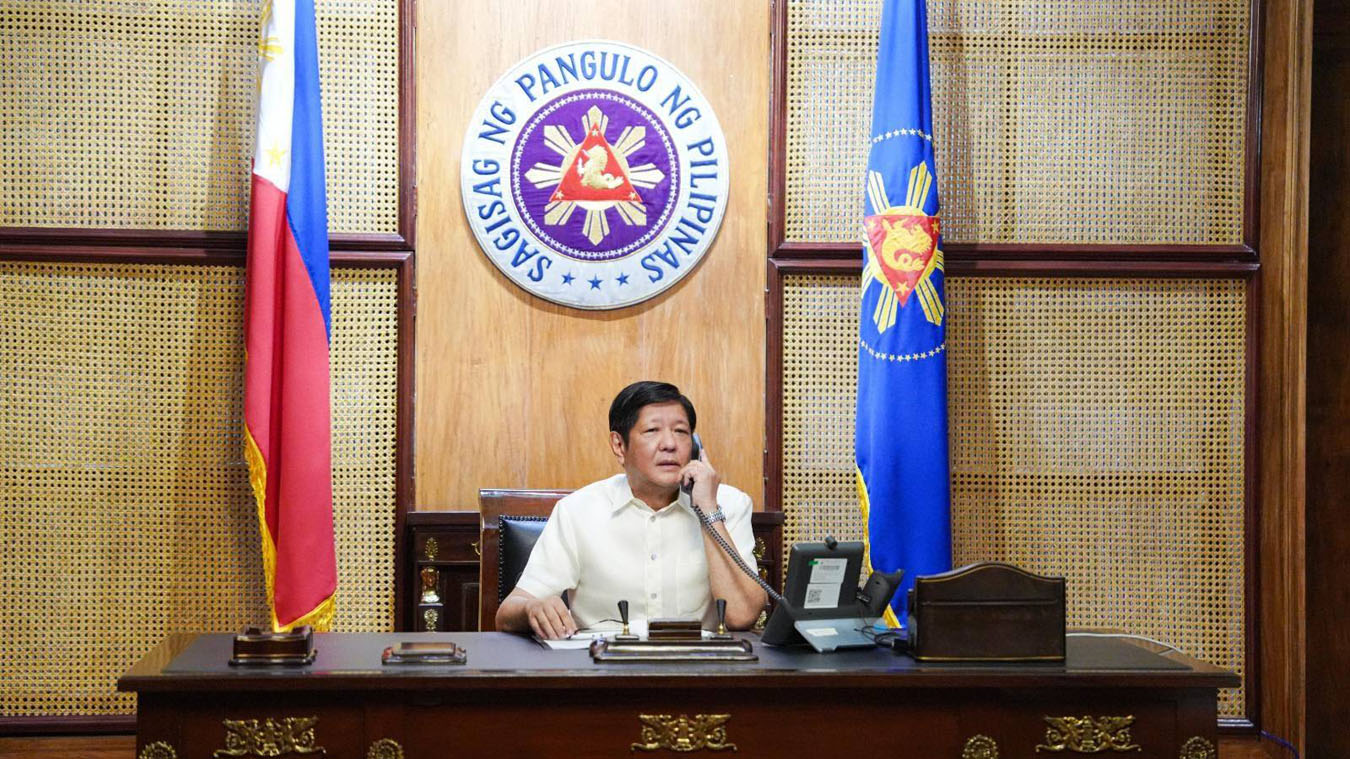
By Brian Jules Campued
Pres. Ferdinand Marcos Jr. signed into law on Friday Republic Act No. 11976 or the “Ease of Paying Taxes Act” which intends to modernize and increase the efficiency and effectiveness of tax administration and strengthen taxpayer rights.
According to a statement from the Presidential Communications Office (PCO) released Sunday, the law is seen to “significantly contribute” in achieving the Marcos administration’s 8-point socioeconomic agenda by collecting more taxes to enhance economic and social development.
The Ease of Paying Taxes Act is one of the priority legislations mentioned during the President’s State of the Nation Address in 2022 and 2023.
The law “will allow the government to capture as many taxpayers as possible into the tax net by streamlining the system and minimizing the burden on taxpayers, increasing the country’s revenue collection in the long run,” the PCO added
RA No. 11976 also introduces administrative tax reforms and amendments to several sections of the National Internal Revenue Code of 1997.
The new law will also update the Philippine taxation system, adopt best practices, and replace antiquated procedures.
Among the highlights of the law:
- Classification of taxpayers into micro, small, medium, and large;
- Electronic or manual filing of returns and payment taxes either to the Bureau of Internal Revenue (BIR) through any authorized agent bank or authorized tax software provider;
- Option to pay internal revenue taxes removal to the City or Municipal Treasurer;
- Elimination of the distinction between documentation and basis of sales of goods and services; and
- Classification of value-added tax (VAT) refund claims into low, medium, and high-risk.
“It also features ensuring availability of registration facilities to non-Philippine resident taxpayers; promoting and assisting taxpayers in tax processes, streamlining; reducing documentary requirements, and digitizing BIR services, through the development of the Ease of Paying Taxes and Digitalization Roadmap by the BIR,” the PCO continued.
The law likewise imposes 180 days to act on claims for refund of erroneous or illegal tax collection and increases the amount for mandatory issuance of receipts for each sale and transfer of goods and services from P100 to P500.
To improve the performance of the BIR, the law also requires the agency to adopt an integrated digitalization strategy including an automated system for facilitating basic tax services and for data and information exchange between offices and departments among others.
The law will take effect 15 days after its publication in the Official Gazette or in a newspaper of general circulation. – avds
